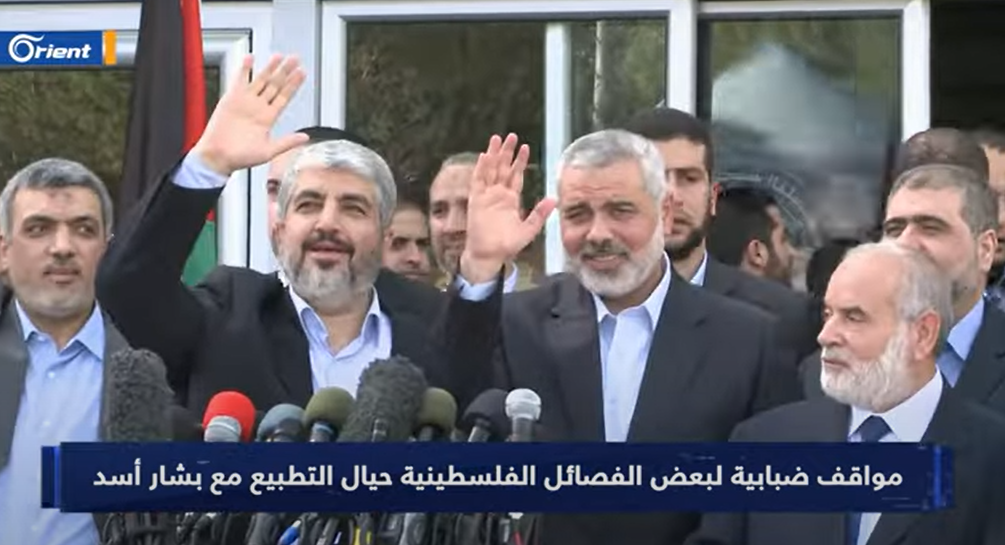After the recent round of indirect negotiations between Israel and Hamas in Cairo yielded no breakthrough, Hamas announced that it was consulting with leaders of other Palestinian factions to reassess its negotiation strategy with Israel.
Hamas officials outline two key principles guiding their strategy:
- The first principle involves neither outright rejection nor acceptance of offers from Israel, but rather a stance of “yes, but,” while still safeguarding Hamas’s red lines. This negotiation tactic is designed to gradually secure concessions from Israel using the Salami method.
- Hamas aims to achieve consensus among all Palestinian factions in the Gaza Strip to present a unified stance in negotiations or agreements.
To this end, Hamas purportedly agreed to the “Egyptian proposal” but appended clauses not previously disclosed to Israel. This move, though perceived as deceptive, aimed to shift the onus onto Israel, yet Israel rejected the proposal.
Hamas’s ultimate objective remains unchanged since the onset of the conflict: the cessation of hostilities and the withdrawal of IDF forces from the Gaza Strip, while insisting on the return of displaced individuals from the southern to the northern regions of Gaza.
Simultaneously, Hamas is pursuing several strategies:
- Sustaining military operations by Hamas’s armed wing in the Gaza Strip, transitioning to guerrilla warfare against the IDF and engaging in a war of attrition.
- Maintaining civil infrastructure throughout the Gaza Strip, including the operations of civil police, municipal authorities, and government ministries, particularly in welfare, education, and health sectors.
- Increasing terrorist activities in Judea and Samaria to open a new front against Israel.
- Propagating a misleading narrative suggesting Hamas’s readiness to entertain the idea of a two-state solution and disarm after the establishment of a Palestinian state.
- Fostering anti-Israel sentiments on university campuses worldwide.
- Garnering international support against Israel in forums such as the UN and the International Criminal Court.
- Inciting demonstrations in support of Hamas among Arab populations, with a focus on Jordan.
- Strengthening ties with Iran and Hezbollah to augment military pressure on Israel.
- Waging psychological warfare against Israel through the release of hostage videos and attacks on IDF soldiers in the Gaza Strip, aimed at undermining Israel’s morale and national resolve.
Israel faces a significant strategic challenge. Despite seven months of conflict in the Gaza Strip, Hamas’s rule remains intact, and all hostages have not been released.
Israel must escalate military pressure on Hamas until its military capabilities are crippled. Halting operations in Gaza without dismantling Hamas’s military capacity is not an option.




